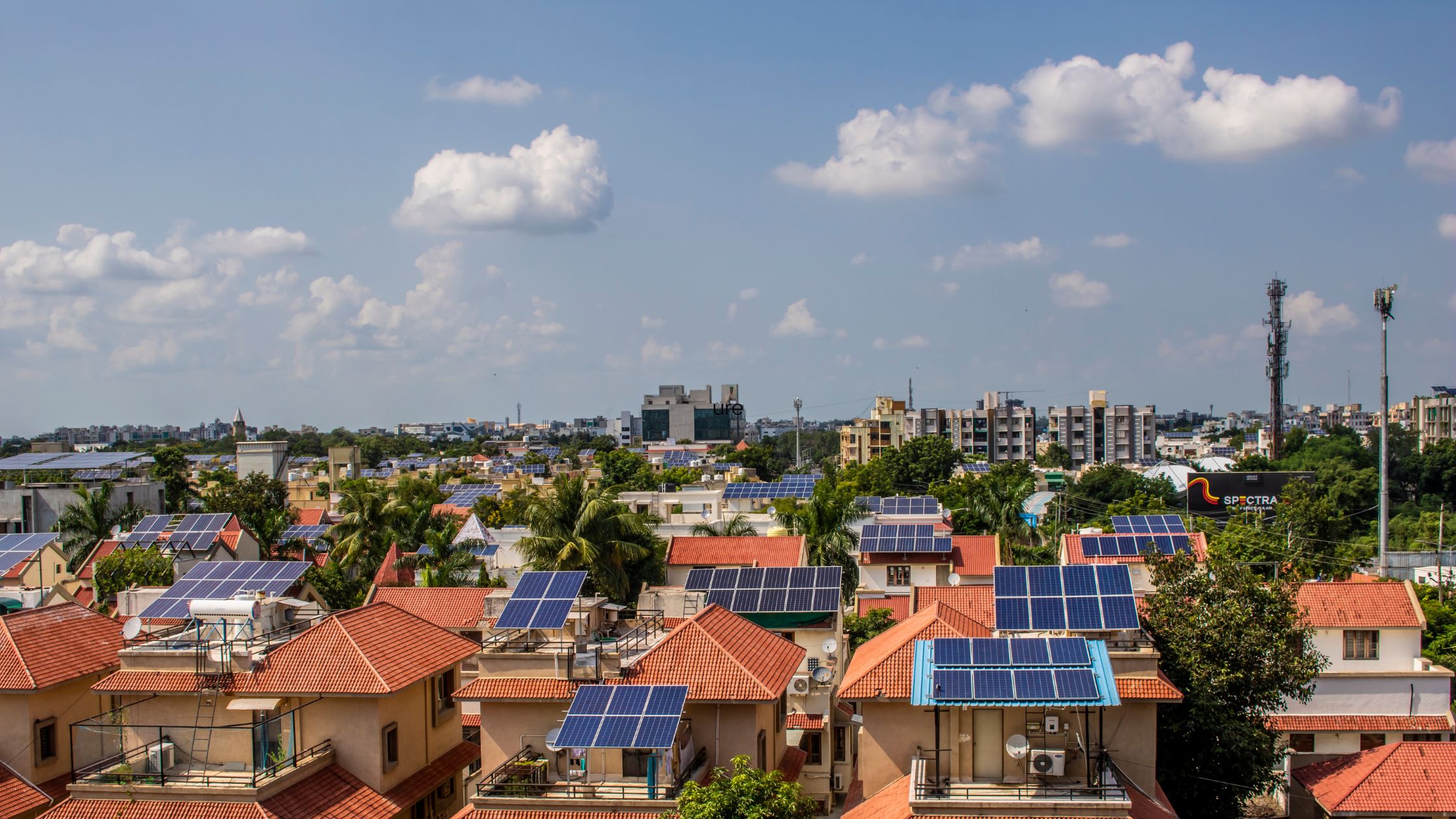
Value of US residential rooftop solar panels could rise by 19% by 2100: study
What’s happening? Climate change could raise the value of US residential rooftop solar panels by up to 19% by the end of the century, according to a study published in Nature Climate Change. The study defined the value of solar (VOS) as financial benefits to households from electricity cost savings, combined with revenues from selling excess electricity to the grid, minus installation costs. The analysis, which was based on data from over 2,000 households in 17 US cities, found that the financial gains would be largely driven by growing demand for residential air-conditioning and future solar panel performance in relation to climate change. (TechXplore)
Why does this matter? The US Department of Energy forecasts that almost 200GW of rooftop solar photovoltaics (RSPVs) will be installed by 2050. This is an eightfold increase of the 26GW installed capacity in 2022. According to the International Energy Agency (IEA), solar photovoltaics, in combination with wind power, will also be responsible for 96% of renewable power capacity additions worldwide in the five years from 2023. As the new study argues, RSPVs are therefore an important part of the current and future renewable energy portfolios that are key to global decarbonisation efforts. However, as a 2019 study shows, cost remains the most important factor to householders when considering such installation.
Power-hungry air conditioning – The new study estimated both the performance of solar panels and the demand for air conditioning under future climate conditions and a moderate warming scenario known as RCP-4.5. Under this scenario, demand for cooling was expected to increase in all households across each of the 17 cities by an average of 35% by 2050 and 64% by 2100.
Financial incentives – The analysis also found that the future performance of RSPVs, which operate most effectively in cool, sunny conditions, would vary depending on region and on the weather experienced in different locations. Despite such regional variations, increased demand for cooling in all 17 cities is expected to outweigh changes in panel output, leading to financial gains for owners in nearly all cases. The largest value increase was forecast for Miami. Minneapolis was the only city predicted to see a fall in the financial benefits for household rooftop solar.
The analysis also claimed that as demand for home cooling increases, a larger proportion of solar-generated electricity will be used for such needs, as opposed to being sold to the grid. This will benefit homeowners with RSPVs as, in many US states, solar energy cuts homeowner’s electricity bills by the complete retail cost of the power, while electricity sold to the grid is credited at a lower rate.
Future-proofed panels – The cost of electricity produced by solar panels has already fallen 87% since 2013, according to a 2023 study by the Berlin-based Mercator Research Institute on Global Commons and Climate Change (MCC). However, as Dr Michael Craig, the lead author of the latest study, points out, rooftop solar RSPVs have an average lifespan of 25 years. This means that systems constructed today will experience almost mid-century weather conditions. As a result, Craig says that it is important for homeowners to consider future value as well as historic costs and conditions when installing RSPVs.


